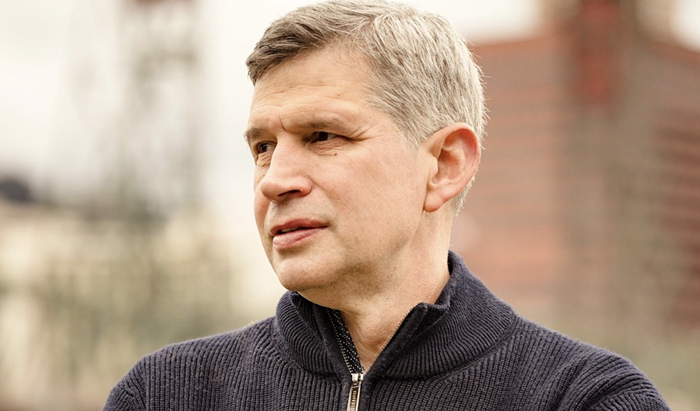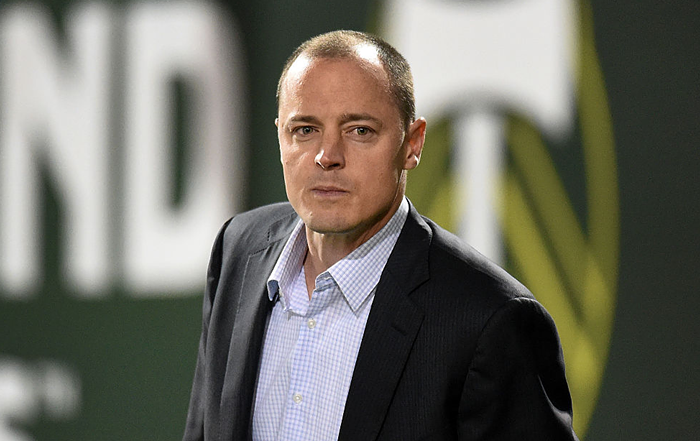Two weeks ago, New York Times writer Nicholas Kristof skipped talking about simmering problems in the Middle East and instead devoted his Sunday column to praise Randy Leonard! Yes, that Randy Leonard. Portland City Commissioner Leonard!
In July, Leonard pushed through an ordinance that will require all diesel sold in Portland to contain at least five percent biodiesel and all gasoline to have at least 10 percent ethanol, starting a year from now.
Kristof concluded his column by writing, "I almost didn't write this column because with the Middle East in flames it's obvious that climate change is not the most important topic of the day. But it could be the most important issue of this century."
Wow! WOW! That is some high praise for the policies of Portland.
This recent ordinance again seems to put Portland at the forefront of the war on emissions. In 1993, Portland city council pioneered the concept that cities should sign on to the Kyoto Accord and push to reduce greenhouse gases. According to Kristof's column in the Times, the new biodiesel ordinance is "another small step for earth."
Now I hate to be the pea under the mattress, but the problem is that city council is not being completely consistent in its battle plan to save the environment. While Leonard's biodiesel push is certainly admirable, just a month earlier, city council passed 4-0 an ordinance that stands in stark contrast. In June, council decided that the city would begin charging FlexCar $60,000 annually for the parking spots reserved downtown for those ride-share vehicles. (FlexCar is a local vehicle share program that hosts some 100 vehicles—sedans, pickup trucks, sports cars—around town. Users can rent the vehicles by the hour.) Until this decision, the city had reserved and subsidized parking spaces for the program.
As a matter of full disclosure, I am a FlexCar groupie. For the past month, I was one of 25 local residents who FlexCar challenged to give up our cars and instead bike, walk, hop on TriMet, or use one of their vehicles to get around. It was a great experience. Even though I cheated and used my own car now and again, joining FlexCar did make me realize that I can use my car far less and easily be part of the solution.
Sure, FlexCar is a private company. But they are clearly providing a public benefit to the city. A recent study found that every vehicle put into play by programs like FlexCar removes nearly 15 cars from the roads! But to be successful, FlexCar needs the city's support. The $60,000 that the city will begin charging the company is a pittance compared to the city's budget (it's also less than Potter's annual pension), but it is a huge blow to FlexCar. Moreover, what value can be placed on the amount of emissions that their program reduces?
If city council wants to be the true national leader in the fight for cleaner air, they need to support even those programs that are not generated from within their own halls. And, if they truly want to be green, they should immediately reconsider their decision to charge FlexCar for the parking spaces.


















